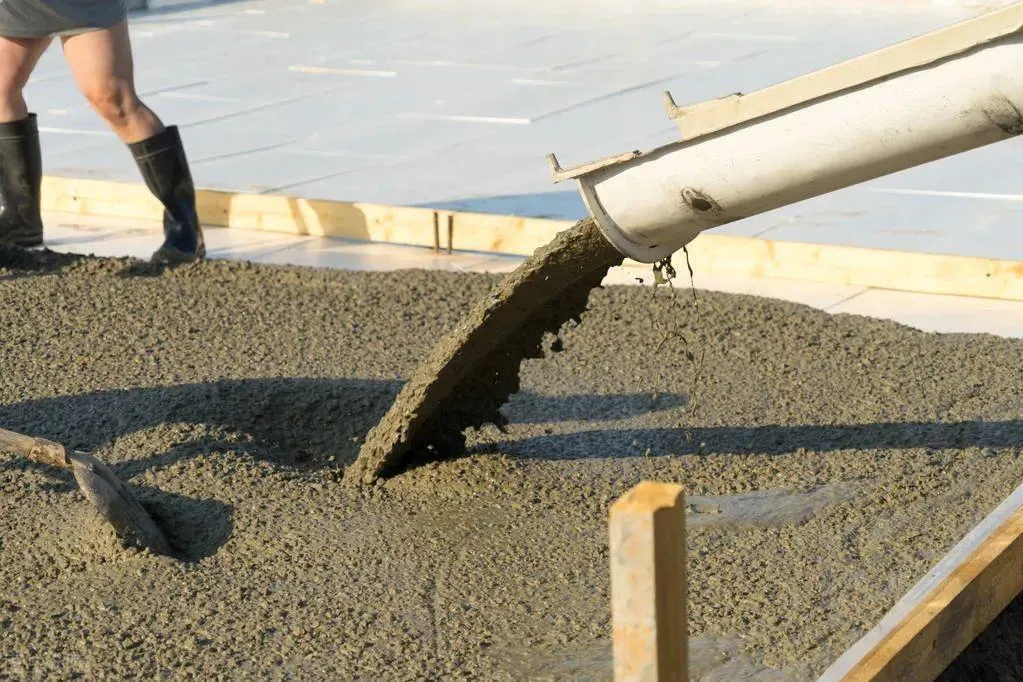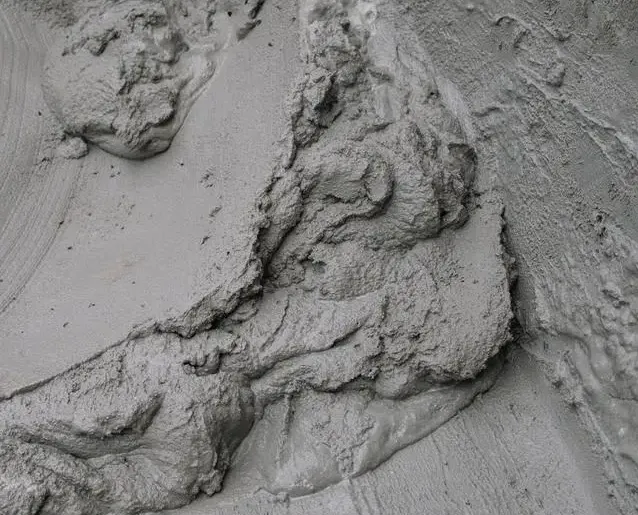
Exploring Polyvinyl Alcohol and Polyvinyl Acetate: Applications in Packaging and Construction
Polyvinyl Alcohol and Its Role in Modern Industries
Polyvinyl alcohol (PVA), also known as polyviny alcohol, is a water-soluble synthetic polymer known for its excellent film-forming, adhesive, and emulsifying properties. It is widely used in construction, packaging, textiles, and pharmaceuticals.
One of the most visible uses of PVA is in bulk PVA bags and PVA plastic bags, which are eco-friendly alternatives to traditional plastics. These bags dissolve in water, making them ideal for applications where biodegradability and environmental safety are priorities. Similarly, PVOH plastic (Polyvinyl alcohol plastic) is used in agriculture and industrial packaging for its water solubility and non-toxic nature.
PVA also plays a key role in construction. For example, adding PVA to cement enhances bonding, reduces surface dusting, and improves water resistance. The combination of PVA and cement is often used for plastering and rendering applications where improved adhesion and durability are required.

Polyvinyl Acetate and Polypropylene Fibers in Construction
What Is Polyvinyl Acetate Used For?
Polyvinyl acetate (PVAc) is another crucial polymer used extensively in adhesives, coatings, and paints. As a polyvinyl acetate supplier, many manufacturers provide PVAc for woodworking adhesives, emulsion paints, and paper coatings. Understanding what is polyvinyl acetate used for highlights its versatility in both consumer and industrial products.
For construction, polypropylene fibers for concrete are often added to reduce cracking and improve tensile strength. These fibers, combined with PVA or PVAc additives, provide concrete with enhanced performance in structural and non-structural applications.
Safety is always a priority when using these materials. Manufacturers provide a polyvinyl alcohol MSDS (Material Safety Data Sheet), which includes details on handling, storage, and potential hazards. Understanding polyvinyl alcohol solubility in water is also important for applications where water interaction is a critical factor.

Specialty PVA Grades and Market Supply
Specialty grades like PVA 088 50 and PVA 10 are tailored for different industrial needs. These grades differ in viscosity, solubility, and degree of hydrolysis, affecting how they behave in adhesives, coatings, or cement applications.
Reliable sourcing from a polyvinyl acetate supplier ensures consistent quality and compliance with industry standards, whether for construction, packaging, or food-safe applications.
The Growing Demand for PVA and PVAc in Eco-Friendly Applications
From bulk PVA bags to high-performance concrete additives like polypropylene fibers for concrete, polymers such as polyvinyl alcohol and polyvinyl acetate are essential to modern manufacturing and construction.
Their eco-friendly properties and multifunctionality ensure they remain in high demand across industries. Whether it’s PVOH plastic for sustainable packaging or adding PVA to cement for improved construction quality, these materials offer solutions that meet both performance and environmental needs.
FAQs About Polyvinyl Alcohol and Polyvinyl Acetate
What are bulk PVA bags used for?
Bulk PVA bagsare water-soluble and biodegradable, making them ideal for agricultural, industrial, and medical packaging applications.
How does adding PVA to cement improve performance?
Aggiunta di PVA al cementoincreases adhesion, reduces surface dusting, and enhances water resistance in plastering and rendering.
What is polyvinyl acetate used for in industry?
Polyvinyl acetate is widely used in adhesives, emulsion paints, and coatings due to its strong bonding and film-forming capabilities.
What is the solubility of polyvinyl alcohol in water?
Polyvinyl alcohol is highly soluble in water, with its solubility depending on the degree of hydrolysis and molecular weight.
What safety information is in the polyvinyl alcohol MSDS?
The polyvinyl alcohol MSDSincludes details about safe handling, storage, potential hazards, and first aid measures for industrial use.
-
Hydroxypropyl Starch as a Sustainable Construction AdditiveNewsNov.24,2025
-
The Gelation Properties of CMCNewsNov.21,2025
-
Redispersible Latex Powder and Water Retention CapacityNewsNov.21,2025
-
Dosage Control for Polycarboxylate Water ReducerNewsNov.21,2025
-
Film-Forming Properties of Polyvinyl AlcoholNewsNov.21,2025
-
The Function of Gypsum Additives in MortarNewsNov.21,2025





















